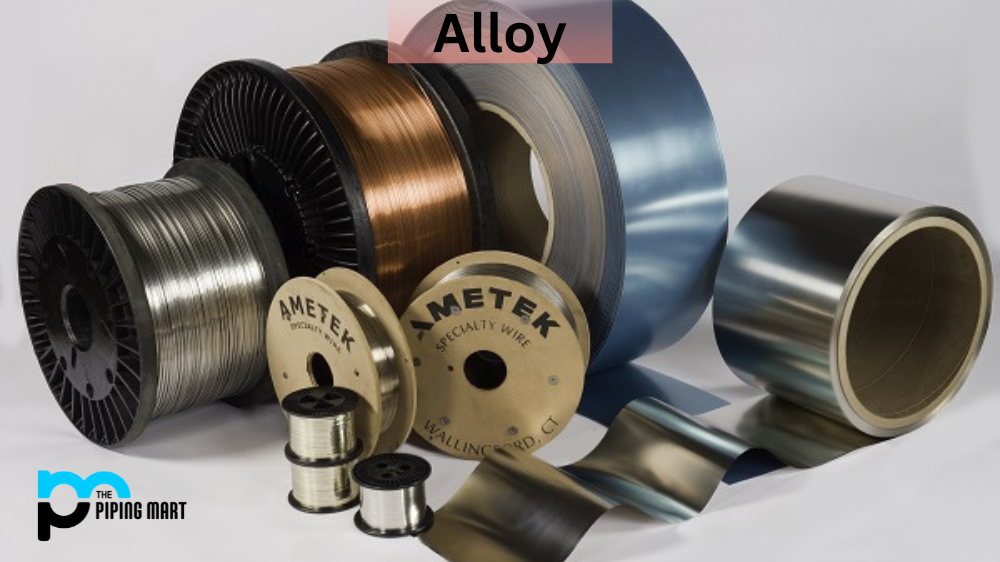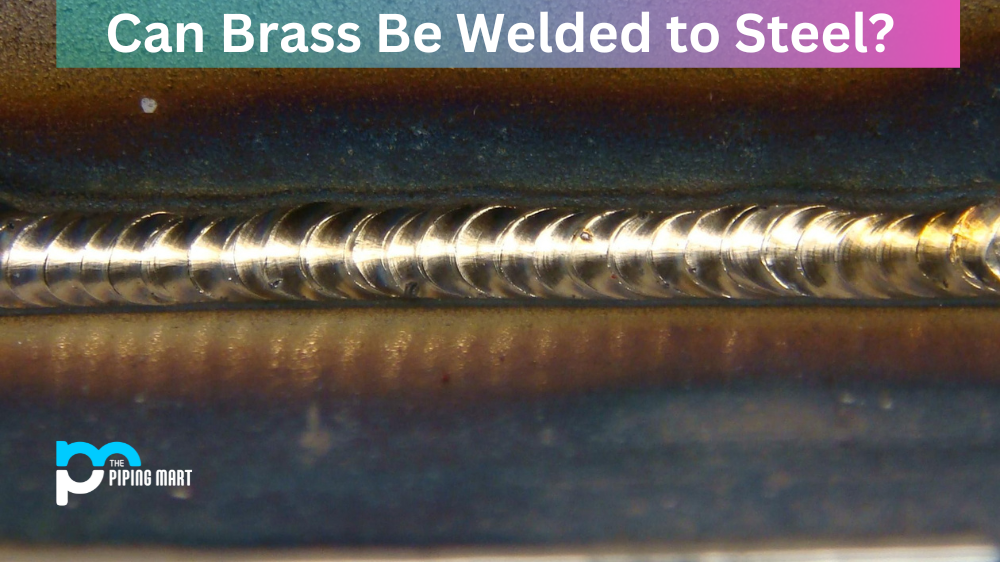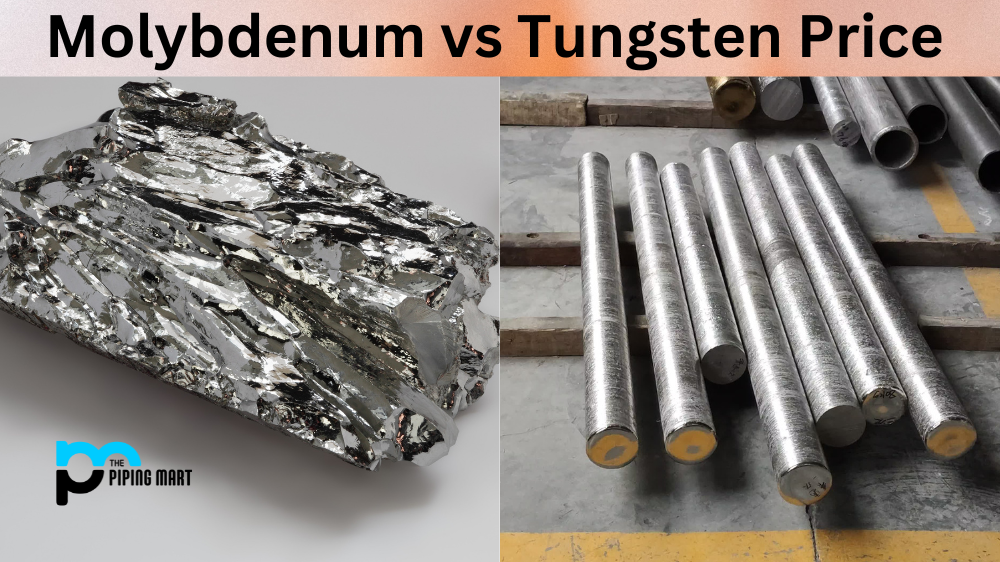Have you ever wondered why alloy metals are more resistant to corrosion than pure metals? It’s fairly common knowledge that alloys tend to be more durable and last longer than pure metals, but why is that the case? Let’s take a look at what makes alloys so corrosion-resistant.
The main reason why alloys are better at resisting corrosion is their composition. Alloys are composed of two or more metals, usually in combination with one or more non-metal elements, such as carbon or sulfur. The combination of these different elements creates a material with properties distinct from those of the individual components. For example, when steel is combined with chromium, it forms stainless steel, which has greater resistance to rusting than regular steel.
Another reason why alloys are more resistant to corrosion is that they form a protective coating on their surface. This coating acts as a barrier against moisture and oxygen, both of which can cause corrosion in pure metals. The protective layer on an alloy metal also helps prevent electrolysis, which is another common cause of metal degradation and wear.
Finally, alloys often contain elements such as phosphorus or silicon that help inhibit oxidation reactions in the presence of water or oxygen. Oxidation reactions can degrade metal surfaces over time, leading to rust and other forms of corrosion. By preventing these oxidation reactions from taking place on an alloy surface, the metal remains strong and durable for longer periods of time.
Why are alloys corrosion resistant?
Alloys are used to make a variety of items that are subjected to the elements on a daily basis, such as jewelry, aircraft structures, and medical devices. Even when exposed to moisture and extreme temperatures, alloys remain corrosion-resistant due to their durability. Alloys are formed from two or more metals that were chosen for their properties and mixed into a single material. This blend is said to give new attributes that are superior to either metal alone; for example, increased strength or increased resistance to corrosion. The special chemical makeup of an alloy helps it last longer than just one single element because it restricts oxidation even when subjected to intense pressure or heat. Furthermore, certain alloys have been known to prevent the formation of rust through an oxidation inhibitor in its composition. It is these added benefits of combining different metals into alloys that make them ideal for uses requiring long lasting corrosion resistance.
Conclusion
In conclusion, alloys offer superior resistance to corrosion compared to pure metals due to their composition and protective coatings on their surfaces. Additionally, certain elements within an alloy can help reduce oxidation reactions that can lead to further degradation of the metal surface over time. If you’re looking for a reliable metal for your next project, consider using an alloy—you won’t regret it!

Meet Bhavesh, a seasoned blogger with a wealth of knowledge and experience. From metal products manufacturing to retail, Bhavesh has a diverse background in various industries and is dedicated to sharing his insights and expertise with readers.




